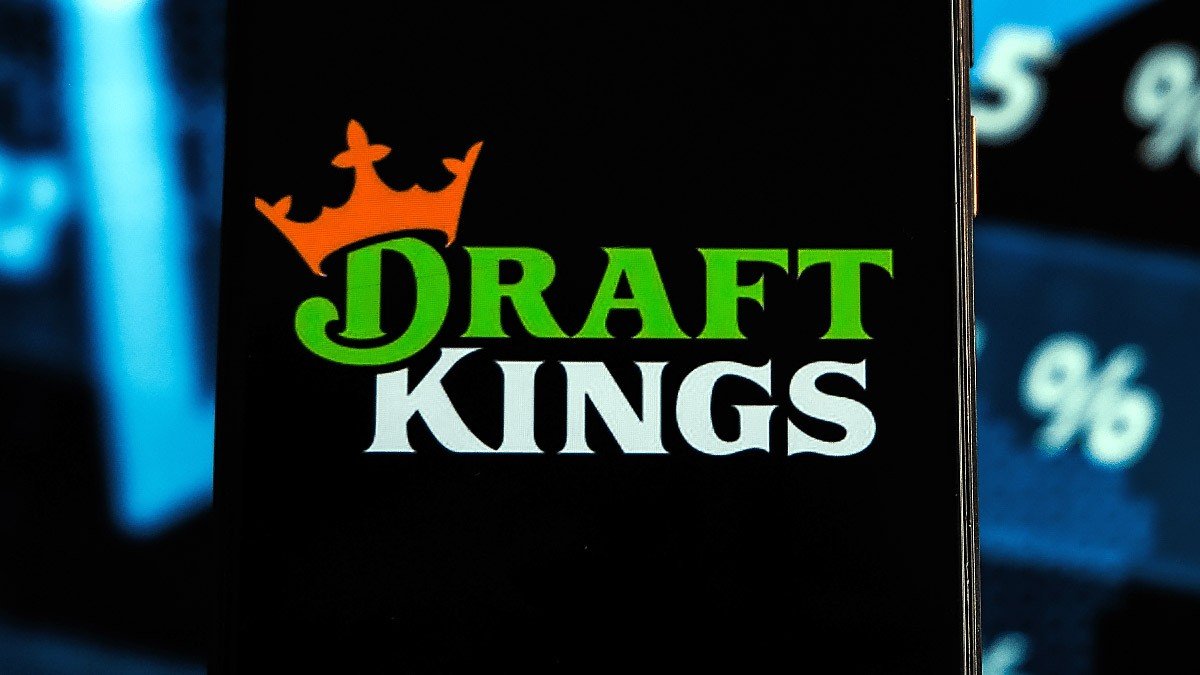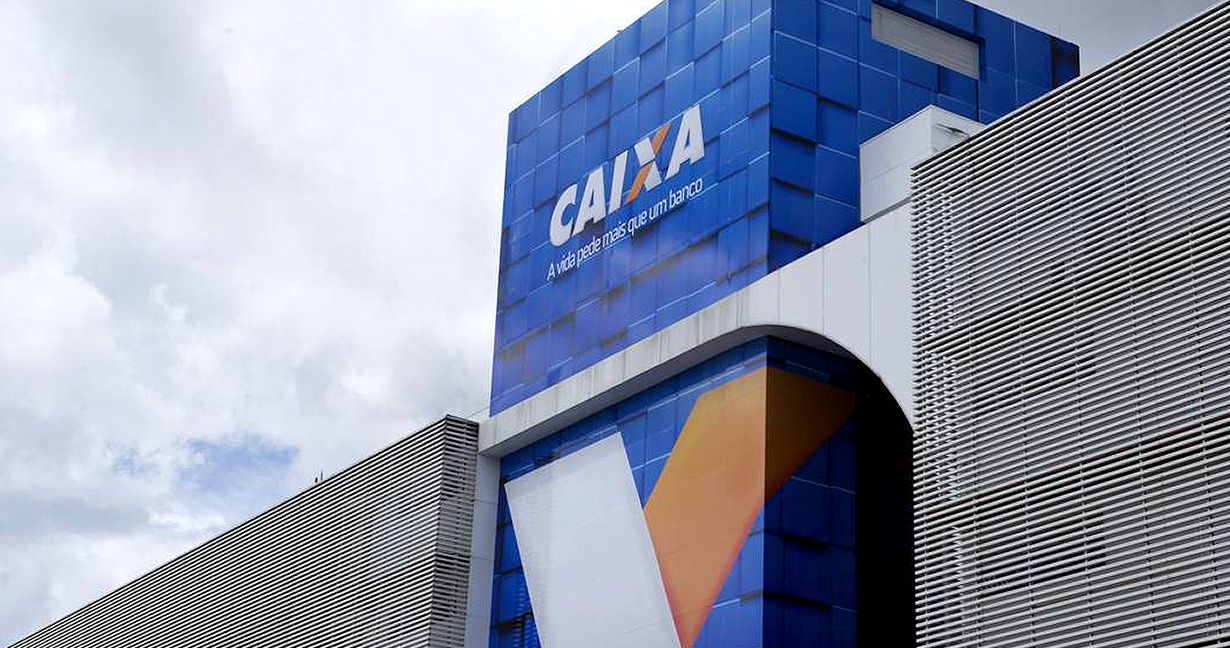Spain weighs renewed ban on welcome bonuses as online gambling surges

Spain’s online gambling industry experienced a marked surge in 2024, with active player numbers climbing by over 20% to reach nearly two million, according to the latest Report on Gambling Activity released by the Ministry of Social Rights, Consumption, and the 2030 Agenda. However, the sharp uptick has reignited regulatory concerns, particularly over the return of welcome bonuses, which had been banned until April 2024.
The report reveals that 1,991,550 Spaniards engaged in online gambling activities in 2024. A majority of them, 80%, were men, and 85.7% fell between the ages of 18 and 45. The government attributes this growth primarily to the reintroduction of welcome bonuses, which became legally permissible again after the Spanish Supreme Court annulled portions of Royal Decree 958/2020.
That decree had previously barred such promotional tactics as part of a sweeping crackdown on gambling advertising. Minister of Social Rights Pablo Bustinduy has now proposed an amendment to the upcoming Customer Service Law that would reimpose the ban on welcome bonuses, citing the need to safeguard consumer welfare. Bustinduy referenced over €140 million ($162.13 million) in fines issued to gambling operators in 2024 alone.
The Ministry’s stance follows additional findings from Spain’s gambling regulator, the DGOJ, which indicate that the number of online gambling accounts also grew by 23.48% in the same year.
Data from both agencies suggest a strong link between the lifting of the bonus ban and the rapid growth in participation. Marketing expenditures by licensed operators hit €526 million ($609.13 million) in 2024, with €261 million ($302.25 million) spent on promotions alone.
If enacted, the proposed legislation would tighten what are already some of Europe’s most restrictive gambling advertising rules. Spain has banned betting sponsorships in sports since 2020 and remains aligned with countries like Italy, the Netherlands, and Belgium in maintaining hardline stances on gambling promotion.
While the Supreme Court ruling lifted certain bans, such as those on using athletes or celebrities in ads and running social media promotions, the core restrictions remain largely intact.
Despite these limitations, Spain’s gambling market remains highly profitable. In 2024, gambling operators recorded total profits of €8 billion ($9.26 billion), with online platforms accounting for €1.454 billion ($1.68 billion). Casino gaming generated €730.7 million ($846.19 million), followed by sports betting at €608.8 million ($705.02 million).
Sports betting registered the highest annual growth rate at 23.8%, while online poker was the only segment to decline, with profits falling 4.99% to €100 million ($115.81 million). Online bingo, though a small segment, brought in €14.94 million ($17.30 million).
The consistent profitability of the Spanish market has attracted both domestic and international operators. Key players include national brands such as Codere, CIRSA, Luckia, and Retabet, along with global companies like Bwin (owned by Entain) and bet365.
However, not all developments have been without controversy. Allegations against a former Finance Minister for purportedly favoring local firms over foreign competitors have stirred political debate.
















